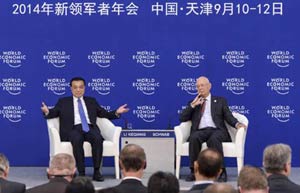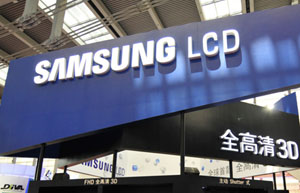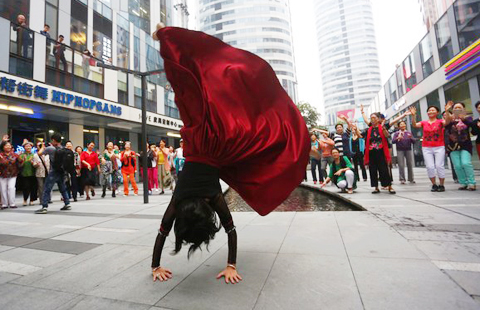Aggrieved companies 'should go to court'
Updated: 2014-09-29 09:16
By ANDREW MOODY(China Daily)
|
|||||||||||
"If you told a company you were going at 2:30 pm tomorrow afternoon they might try and hide evidence of any antitrust behavior. What has happened in China recently is normal practice everywhere," she says.
Wang was born in Zhangjiakou in Hebei province but was brought up in Inner Mongolia autonomous region. Her father worked for the local government and her mother was an auditor.
Just before she was about to graduate from high school, she was caught up in the "cultural revolution" (1966-76) and was sent to the countryside to work on a farm.
"I didn't complain. There were about 20 students like me all living, working and eating together. The farmers were very friendly toward us, although it was a very hard life."
Later, after working in a brick factory in the region's capital Hohhot, she was one of the first generation to go back to university, beginning a philosophy degree at Inner Mongolia Normal University at 30, when by then she already had two boys.
Her husband had studied law at the same university and she studied for law examinations soon after graduating before going to do a master's degree in law at Renmin University of China in Beijing.
It was a move to Germany in the late 1980s that led to her specializing in competition law when she did a doctorate at the University of Hamburg under the supervision of Ernst-Joachim Mestmacker, one of Europe's leading authorities in antitrust law. She was there for six years and has since produced books and papers in German.
"Going to study in Germany was a key step in my life. It enabled me to understand the legal systems of developed market economies. It also allowed me to pioneer the study and research of anti-monopoly law in Chinese academic circles."
As a result she was the only legal academic involved in drafting China's anti-monopoly laws when the process began in 1994, although others subsequently become involved too.
"Competition law was vital for the transformation of the Chinese economy. When it was a planned economy, everyone and everything belonged to the government so these issues weren't relevant.
"Without laws, companies would just collude. It is far easier for a television manufacturer to agree the price of a television with a rival manufacturer than to compete with it but it would be against the interest of the consumer. It was therefore essential for China to have monopoly legislation in place."
Wang says the rise of China will be a game changer for how monopolies are policed globally.
In the EU, companies are often fined up to 10 percent of their global turnover for infringements.
In China the fines imposed tend to be only on domestic turnover or on the sales of a particular product line. The National Development and Reform Commission, one of China's main anti-monopoly regulators, fined 10 Japanese car part manufacturers, including Sumitomo Electric, 6 percent of their China revenue on Aug 20.
"You can't have a situation where a company is fined up to 10 percent of global revenues in every jurisdiction since there is only so much of their global turnover to go round," she says.
"I think the emergence of a large market like China will change how monopolies are controlled and other jurisdictions will begin to impose fines on revenue within their own areas."
 |
 |
|
|
Top 9 anti-trust cases in China |
Related Stories
CEO: Microsoft ready to work with antitrust officials 2014-09-26 07:23
11 Japanese firms fined for antitrust violation 2014-09-18 14:02
Toyota officials appearing on NDRC's radar 2014-09-17 07:39
EU envoy to China: Probes not targeting foreign firms 2014-09-17 07:30
FAW-VW antitrust probe sparked by customer complaint 2014-09-12 13:31
China's antitrust probes not selective: NDRC 2014-09-12 09:20
Today's Top News
China to start direct yuan-euro trade
Protest disrupts life in Hong Kong, depresses stocks
Slim pickings
Americans split over role of gov't in their lives: Gallup
Spanish diplomat killed in Sudan
Independence of MH17 probe 'crucial'
Illegal assembly in Hong Kong leads to clashes
Aggrieved firms 'should go to court'
Hot Topics
Lunar probe , China growth forecasts, Emission rules get tougher, China seen through 'colored lens', International board,
Editor's Picks

|

|

|

|

|

|





